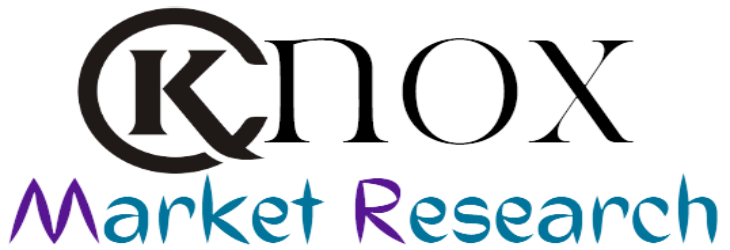The COVID-19 pandemic has had a significant impact on almost every industry, and the active pharmaceutical ingredients (API) market is no exception. The API market refers to the chemicals and compounds used in the production of drugs, and it has been affected by the pandemic in several ways.
One of the most significant impacts of COVID-19 on the API market has been the disruption to supply chains. Many countries have implemented lockdowns and travel restrictions, which have made it difficult for companies to transport raw materials and finished products. This has led to shortages of certain APIs, which has in turn affected the production of drugs.
The pandemic has also led to an increase in demand for certain APIs, particularly those used in the treatment of COVID-19. For example, APIs such as remdesivir and hydroxychloroquine have been in high demand since the beginning of the pandemic. This has created an opportunity for companies that produce these APIs to increase their production and capture a larger share of the market.
However, the pandemic has also led to a decrease in demand for other types of drugs. Many people have delayed elective procedures and routine medical appointments due to concerns about the virus, which has led to a decrease in demand for certain types of drugs. This has had a knock-on effect on the API market, as companies that produce APIs for these drugs have seen a decrease in demand.
Despite the challenges posed by the pandemic, there are still growth opportunities in the API market. One of the key drivers of growth is the increasing demand for generic drugs. As more and more drugs come off patent, there is a growing demand for cheaper generic versions. This has led to an increase in the production of APIs, as companies seek to produce generic versions of drugs that are no longer under patent.
Another growth opportunity in the API market is the increasing demand for biologics. Biologics are drugs made from living cells, and they are used to treat a wide range of diseases, including cancer and autoimmune disorders. The production of biologics requires complex manufacturing processes and specialized equipment, which has created a barrier to entry for many companies. However, as the demand for biologics continues to grow, there is an opportunity for companies that specialize in the production of biologic APIs to capture a larger share of the market.
In order to capitalize on these growth opportunities, companies in the API market will need to adopt new strategies. One key strategy is to invest in research and development. Developing new APIs and improving existing ones can help companies stay ahead of the competition and capture new market share. Companies will also need to invest in new technologies and manufacturing processes to increase efficiency and reduce costs.
Another important strategy is to focus on diversification. Companies that produce APIs for a wide range of drugs and therapies are better positioned to weather the ups and downs of the market. By diversifying their product offerings, companies can reduce their reliance on any one drug or therapy and increase their resilience to market fluctuations.
In conclusion, the COVID-19 pandemic has had a significant impact on the API market, but there are still growth opportunities for companies that are able to adapt and respond to changing market conditions. By investing in research and development, adopting new technologies and manufacturing processes, and diversifying their product offerings, companies in the API market can position themselves for long-term success.
Disclaimer: The views, suggestions, and opinions expressed here are the sole responsibility of the experts. No Knox Market Research journalist was involved in the writing and production of this article.
